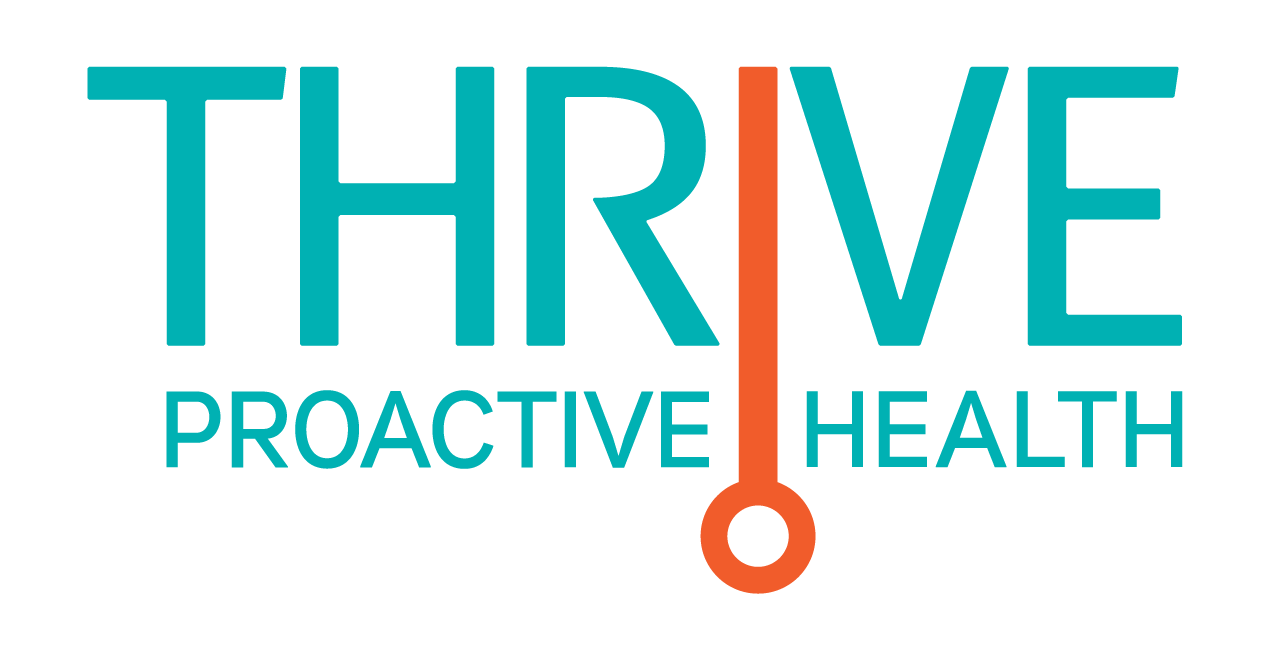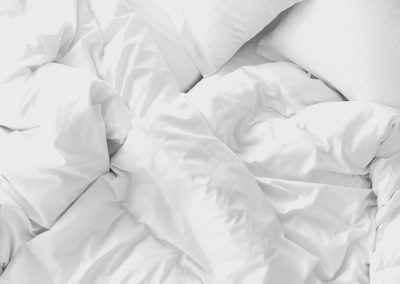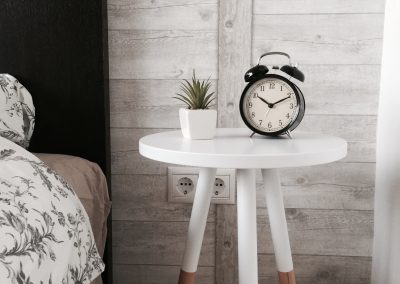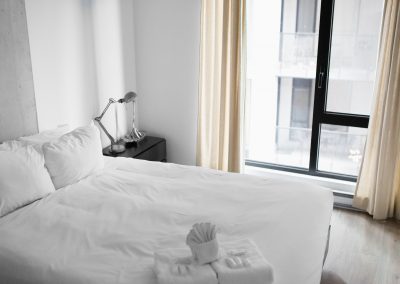5 Must have tips to help prioritize sleep
Have you ever thought “what is sleep?”. Odds are, this thought has never crossed your mind. And that is okay. You are not alone; we were right there with you! But, what if we stopped and truly thought about what sleep is, how sleep affects our mental, emotional and physical state; more importantly, how proper sleep habits can optimize our day-to-day abilities. With March fully upon us, as the National Sleep Awareness month, we decided to “lay-down” (see what we did there) a few simple truths about sleep.
First, we are going to discuss “what is sleep”. Sleep: noun and/or verb. If we view sleep as a noun we understand that “sleep” has the ability to be a place of relaxation and rest. On the flip-side, when we view sleep as a verb, we understand that “sleep” actively allows our body to transition into recovery mode as we move in and out of REM cycles. It is important we understand that sleep has the ability to be both a noun as well as the verb because both versions of the word are necessary for our bodies to fully experience the positive impacts sleep can have.
A study conducted by the National Sleep Foundation showed that sleep is traditionally known within the U.S. as something that is not within our top 5 areas of priorities. To put this into perspective: the United States DOES NOT rank within the top 20 countries that prioritize sleep. How do we overcome this?! As a country that is told, “do more”, “make more”, “see more”, “experience more”, “more”, “more”, “more”; how do we allow sleep to become a priority so our biochemical processes can return to neutral and our bodies can fully recover to allow is to proceed full speed ahead into the next day???
We have come up with our Top 5 Tips and Tricks on how to prioritize sleep.
1. Set a schedule!!! This cannot be stressed enough. Your circadian rhythm (your body’s natural ability to regulate the sleep-wake cycle or your “internal clock”) repeats roughly every 24 hours. In order for this cycle to function properly, there must be some type of daily routine. Fun fact: did you know most smartphones/watches allow you to set a “bedtime” and “wake up” time?! Not only do they have this ability, but your device will REMIND you 30-45 minutes before your scheduled “bedtime” that you need to start winding down. Our point is, establish a nighttime routine, about an hour before bed, that sets the conditions for success and allows your body to sleep. This can include eliminating electronics, taking a warm shower, doing meditation or low and slow breathing, and the list goes on and on. The point is to reduce stress and cortisol so natural melatonin can be produced and allow the body to relax.
2. Do not have a TV in your bedroom and cut social media out in bed. Your body is smart but your brain is smarter. Limiting electronic devices to outside of the bedroom allows your body (and more importantly, your brain) to know, that when you lay in bed it is time to “turn off” and sleep. Creating this habit is the first step in the right direction to prioritizing sleep. There is nothing on TV or on your social media feed that you are going to miss out on at 10:00 pm. We promise.
3. Avoid large amounts of alcohol before bed and cut off caffeine earlier in the day to ensure that neither impacts your ability to sleep. Keep in mind that some people are more sensitive to caffeine and alcohol and may need to limit intake as they get closer to “bedtime”. I know, I know, pairing opposites like alcohol and caffeine… say WHAT?! But, hear us out: think of your body’s homeostasis as a pendulum: on one side of the spectrum is alcohol and on the other is caffeine, in the middle is the sweet spot where your body can enter into REM and fully recover. While both products affect the body differently, they will both impair your body’s natural ability to fall into a healthy sleep pattern that moves in and out of REM, light sleep, and deep sleep.
4. Set the stage (aka your sleeping environment). The environment you sleep in can truly affect your body’s ability to fall asleep and STAY asleep. Make sure your bedroom is cool and dark (you may need to use blackout curtains if you live in an area that has bright street lights). Try and cut out any outside noise that can be distracting. White noise machines can be helpful to cancel out startling noises that occur during your sleep schedule. If you are having a difficult time winding down in your environment, try breathing techniques or mindful meditation to help facilitate a calming environment.
5. Invest in yourself! Did you know that on average you spend about 2,500 hours in bed a year? Other than, maybe, your chair at work, you probably do not spend more time (consistently) anywhere else other than your bed. Get the fancy sheets, the comfy pillow, and the bed that you melt into! You deserve it and all aspects of your life will thank you for it. Remember: this is a process and it may take several weeks for your body to transition into these new habits. The point is that you are aware and committed to creating new habits to give yourself the opportunity to sleep for 8 hours. Carve. Out. The. Time. and trust the process. Your brain and hormones will thank you. Trust us.
Sleeping Fun Facts:
- 71% of American pet owners share their bed with their furry friends.
- 73% of Americans and 80% of Mexicans watch TV within an hour of bedtime.
- 20% of patients ask doctors for sleeping pills globally (that is close to 1 billion people!)
- People who don’t get enough sleep are more likely to have bigger appetites due to the fact that their leptin levels (leptin is an appetite-regulating hormone) fall, promoting appetite increase.
Sources used:





